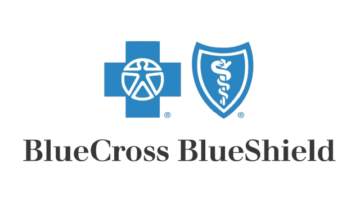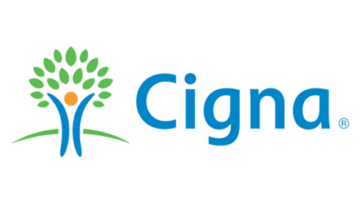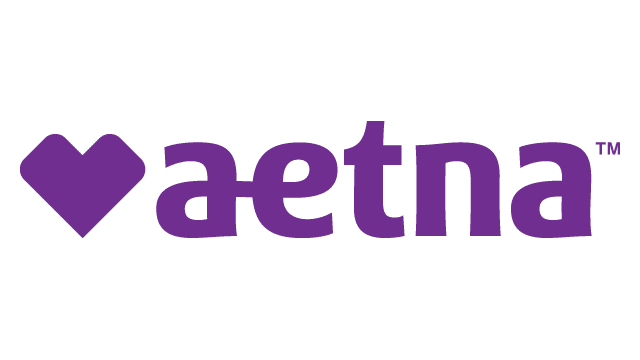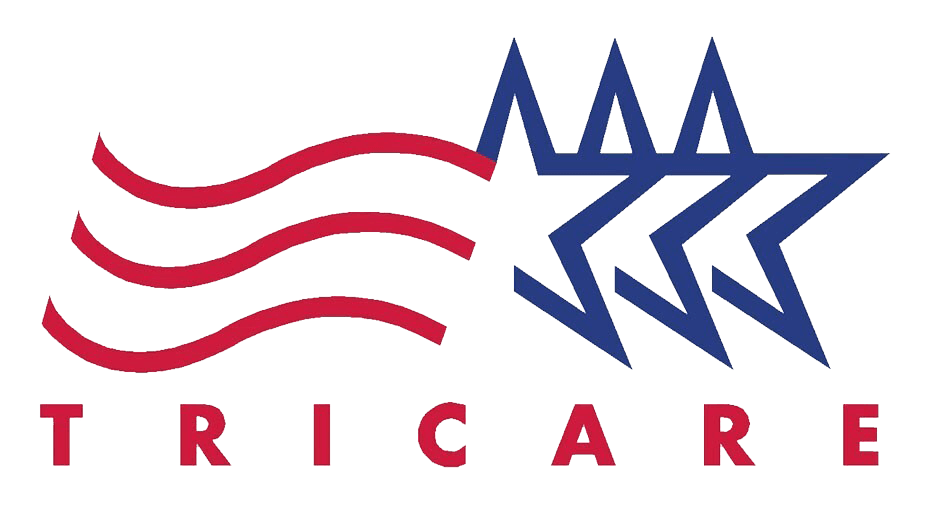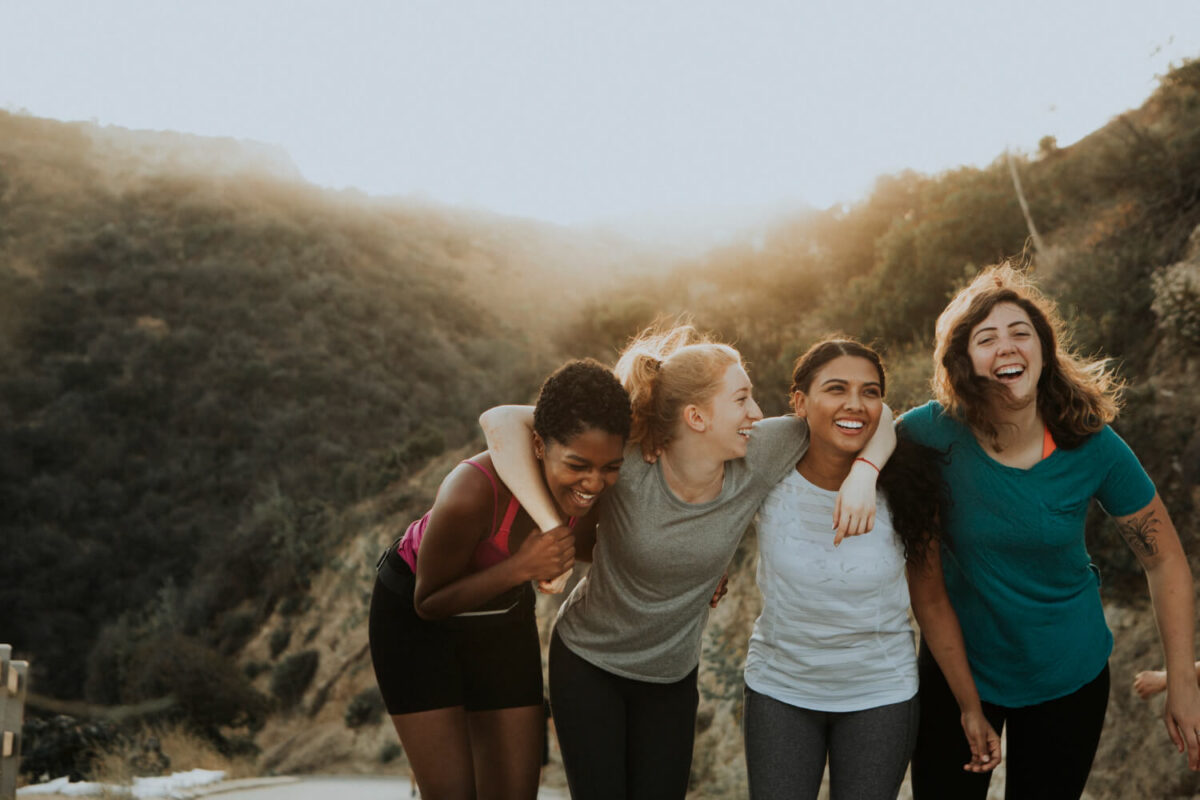Leave it to California in making waves in the battle against social media addictions affecting our younger generations. Gavin Newsom made headlines with his intentions to restrict the use of smartphones in schools, which is set to take effect in January of 2025. The Governor’s action comes following Surgeon General Vivek Murthy’s warning about the mental health risks associated with social media, an ongoing answer for concerned parents. The bill addressing social media addictions through school bans, Assembly Bill 272, grants school districts authority. It grants school districts the authority to limit or ban the use of smartphones in schools. However, the bill includes exceptions for emergency situations in response to “a perceived threat of danger.” These exceptions apply on school grounds, should there ever be any emergency or threatening situations.
Whether or not the bill will be upheld in schools starting next year is still debatable. However, it is at the very least shining light on an undeniable problem we face today. Social Media has become the main highway for communication in today’s world, and we are still understanding its potential impacts on our youth.
How Did Social Media Platforms Become So Popular?
While this may come as no surprise, according to the latest available data Facebook is the world’s most popular social media platform. More than 37% of the world’s population uses Facebook at least once per month consistently. This accumulates to 3.06 billion monthly active users across the globe using the platform regularly today. An astounding number when you consider all of the available options of social media platforms available today. However, believe it or not, the first recognizable social media platform was first launched in 1997. It was called Six Degrees, developed by Andrew Weinrich in the late 1990s for social connection.
Ironically named after the “six degrees of separation” concept, the platform was ahead of its time. It was not embraced as a way to connect by society just yet at that time. It is amazing to think however, how in just a short span of time social media grew. In less than 30 years, social media platforms have become incredibly powerful in society and culture today. In fact, YouTube is the second most popular social network, with 2.7 billion users and counting.
The Factors Behind Social Media’s Rapid Growth
But, how did social media become so popular in such a short time period? Some say the advancement of technology is what catapulted such popularity- as advanced devices have become more available and affordable over the years. Others believe isolating disasters such as COVID are to blame, with physical separation and isolation inspiring new ways to connect with others. The widespread adoption of social media can undeniably be attributed to our need for connection with others. After all, we are human- and there are countless studies showing how necessary healthy human connection is for positive mental and physical health. We all innately have the desire to share our own life’s experiences and listen to others.
However, addressing social media addictions through school bans have come into effect from an unhealthy balance of sharing. Platforms like Instagram for example, focus on visual content and aesthetic appeal, with even more focus on short catchy reels that provide never ending entertainment. Studies are now showing platforms such as these have created a culture of sharing and seeking validation through likes and comments. With ‘likes’ providing the brain with a dopamine fix, a jolt of pleasure with every notification ding.
The Surgeon General’s Warning And Advisory On Social Media Use
Perspective is such an important factor to consider when addressing social media addictions through school bans. There are some people that argue how beneficial social media can be for those who feel isolated, or rejected by their own family, classmates, and/or community. Such as those who feel like a minority in their environment, or suffer from a disability that limits their ability to connect with others. While social media may offer some benefits, there are ample indicators that social media can also pose a risk of harm to the mental health and well-being of children and adolescents.
Social media use by young people is nearly universal, with up to 95% of young people ages 13-17 reporting using a social media platform and more than a third saying they use social media “almost constantly.” United States Surgeon General Dr. Vivek Murthy released a new Surgeon General’s Advisory on Social Media and Youth Mental Health – PDF. A document addressing the concern parents have with the use of devices that can easily access social media platforms. Recent research shows that adolescents who spend more than three hours per day on social media face significant risks. They face double the risk of experiencing poor mental health outcomes, such as symptoms of depression. They also face double the risk of symptoms of anxiety from excessive social media use daily.
In one 2021 survey, teenagers were found that, on average, they spend 3.5 hours a day on social media. Undoubtedly that number has increased since the isolating COVID epidemic forced everyone to stay home and connect virtually. Studies have also shown a relationship between social media use and poor sleep quality, reduced sleep duration, sleep difficulties, and depression among youth. The Surgeon General was quoted saying:
The Surgeon General’s Urgent Warning to Parents
“The most common question parents ask me is, ‘is social media safe for my kids’. The answer is that we don’t have enough evidence to say it’s safe, and in fact, there is growing evidence that social media use is associated with harm to young people’s mental health,” said U.S. Surgeon General Dr. Vivek Murthy. “Children are exposed to harmful content on social media, ranging from violent and sexual content, to bullying and harassment. And for too many children, social media use is compromising their sleep and valuable in-person time with family and friends. We are in the middle of a national youth mental health crisis, and I am concerned that social media is an important driver of that crisis – one that we must urgently address.”
Houston We Have A Problem- Social Media Is Proving More Harm Than Good For Youth
Over the last decade, checking and scrolling via social media has become increasingly common practice by people of all ages. While the majority of people’s use of social media is unproblematic, a small percentage of users become addicted to them and use them in an unhealthy or compulsive manner. Some experts estimate up to 10 percent of people in the United States require social media addiction treatment. However, due to how common social media use is in general, the number of those who have social media addiction may be higher. Addressing social media addictions through school bans is one way to keep a balance for our younger generations still vulnerable in navigating daily habits.
Social media addiction is defined as compulsive and excessive use of social media platforms such as Facebook, Twitter, Instagram, Tumblr, and Snapchat for examples. The list of other platforms goes on, and there inevitably will be even more as time goes on. Social Media Addictions are the use of such platforms when real life and relationships are being impacted and severed in a negative way.
Signs of Social Media Addiction:
- First thing done in the morning is checking social media.
- Constantly checking social media during the work day both on and off the clock.
- Feelings of anxiety arise when unable to check a social media account.
- Obsessive checking of how any posts perform on social media platforms.
- Increasing amount of time overthinking and planning out posts online.
- Feelings of depression and loss of interest in activities once enjoyed offline.
At Omega Recovery, Dr. Nicholas Kardaras, one of the country’s foremost experts on treating social media addiction. He is the author of the best-selling book “Glow Kids” and has developed a comprehensive and immersive 8-week program designed to not only treat social media addiction, but to also address any and all underlying issues that may be contributing to the addiction. Many social media addicts struggle with self-esteem issues, depression, anxiety, substance use, low resilience, shame, trauma…oftentimes they struggle to find real purpose and meaning in their lives. Omega Recovery provides the support and clarity needed for anyone addressing social media addictions in their life.
Addressing Social Media Addictions Through School Bans And Other Tools
Much more research is necessary to determine the full impact social media use has on young people. Social media impacts nearly every young child, teenager, and even adults across the country today. Unfortunately, children and adolescents today don’t have the luxury of waiting years to see long-term effects. They don’t have time to see how their social media use will affect their life long term. Until we know the full extent of social media’s effects, these generations will continue to be guinea pigs. These generations continue to be the guinea pigs in the social media experiment that is today.
Addressing social media addictions through school bans is one step in the proactive direction for protecting youth. However, in the meantime, the Surgeon General’s Advisory offers recommendations we can take to help ensure safety. These recommendations help ensure children and their families have the information and tools necessary to make social media safer.
Recommendations for Creating Safer Social Media Environments
- Policymakers can take steps to strengthen safety standards, better protect children’s privacy, support digital and media literacy, and fund additional research. Such as limiting access to platforms in ways that make social media safer for children of all ages.
- Technology companies can better and more transparently assess the impact of their products on children today. This means sharing data with independent researchers to increase our collective understanding of the impacts on youth. It also means making design and development decisions that prioritize safety and health for young users. Such as protecting children’s privacy and better adhering to age minimums, while also improving complaint systems. Companies should also improve systems to provide effective and timely responses to complaints from parents and users.
- Parents and caregivers can make plans in their households such as establishing tech-free zones that better foster in-person relationships. Teach kids about responsible online behavior and model that behavior, and report problematic content and activity.
- Children and adolescents can adopt healthy practices like limiting time on platforms, blocking unwanted content, and be more careful about sharing personal information. Especially reaching out if they or a friend need help or see harassment or abuse on social media platforms.
- Researchers can further prioritize social media and youth mental health research that can support the establishment of standards and evaluation of best practices to support children’s health.
Omega Recovery Specializes In Recovery From Technology And Social Media Addictions
Addressing social media addictions through school bans may prove to be a more complex action than we know, but it is at least a start. The rising concerns about social media use and addictions are serious and should not be taken lightly. The reasons why social media is driving us insane (some of us literally) are varied, just as each of us is unique and varied. Culprits could be everything from the self-esteem shattering “comparison effect”, cyber-bullying, and most definitely being more sedentary (which increases depression). A false reality of feeling validated through ‘likes’ and ‘hearts’ combined with the illusion of “friends” on digital platforms can also be to blame.
Unfortunately, there are several research studies that indicate that the number of social media friends we have positively correlates with higher rates of depression. That’s right–more digital friends=more depression. In addition, there is also a higher incidence of cyber-bullying and self-harm that includes higher rates of suicide. There is undoubtedly a growing mound of evidence to proceed with caution when it comes to social media use, especially for young children and adults.
Dr. Kardara’s And His Team Provide The Support That Social Media Cannot
At Omega Recovery, Dr. Kardaras’s unique program does indeed address all those underlying issues. Yes, there is a digital detox period, but during that digital detox, the real work happens. The real work of self-discovery and long-term recovery occur during this crucial detox period for clients. We meaningfully engage our social media addiction clients and connect them to caring, well-trained masters-level therapists. These therapists are trained by Dr. Kardaras and certified by the NIDHW (National Institute for Digital Health and Wellness). Clients begin to do the underlying psychodynamic work so that they can build a stronger sense of identity. They build a stronger and more empowered sense of their own identity without the counterfeit social connection. They build identity without the counterfeit social connection of “social” media that once defined their worth. For more information visit our website at https://omegarecovery.org/ or call us at (512) 601-5407.
“Unfortunately, it seems that we, as a society, have entered into a Faustian deal. Yes, we have these amazing handheld marvels of the digital age – tablets and smartphones – miraculous glowing devices that connect people throughout the globe and can literally access the sum of all human knowledge in the palm of our hand. But what is the price of all this future tech? The psyche and soul of an entire generation. The sad truth is that for the oh-so-satisfying ease, comfort and titillation of these jewels of the modern age, we’ve unwittingly thrown an entire generation under the virtual bus.” -Dr. Kardaras
